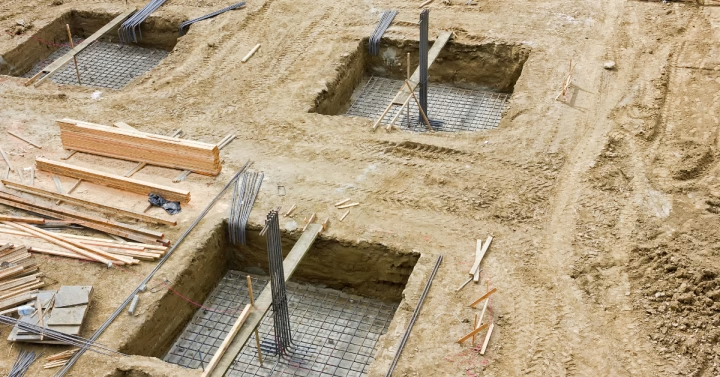
When it comes to construction, everything starts with the ground beneath your feet. A strong foundation is only as reliable as the soil it rests on. Builders, owner-builders, and developers often underestimate the role of soil conditions, yet this is one of the most common reasons why foundations crack, shift, or even fail completely.
Why Soil Matters in Construction
Soil isn’t just dirt. It’s a living, shifting layer that responds to water, pressure, and environmental conditions. Before pouring concrete, builders must understand the soil type and how it will behave over time.
- Clay soils expand when wet and shrink when dry causing movement under foundations.
- Sandy soils drain too quickly and may not provide enough support.
- Reactive soils can move significantly with moisture changes, stressing the structure above.
Failing to account for these differences often results in cracks, uneven floors, and structural instability.
The Risks of Ignoring Soil Testing
Skipping proper soil testing is like building on guesswork. Without a soil report:
- You risk laying a foundation on unstable ground.
- Drainage issues may not be identified until it’s too late.
- Long-term maintenance costs skyrocket due to preventable repairs.
In worst cases, foundation repairs can cost tens of thousands of dollars far more than the cost of proper soil investigation at the start.
Practical Steps Builders Can Take
Here’s how to reduce the risk of soil-related foundation failures:
- Get a geotechnical report before construction begins.
- Plan for site drainage to prevent water build-up around foundations.
- Use the right footing design for the soil type (e.g., deeper piers for reactive clay).
- Don’t cut corners on compaction and preparation it’s cheaper to get it right the first time.
Why This Knowledge Matters
Understanding soil isn’t just technical it’s essential to building safely and cost-effectively. At Builders Institute, we believe training future builders means equipping them with the knowledge behind the structure, not just the tools. Knowing how to manage soil conditions is a skill that separates good builders from great ones.






